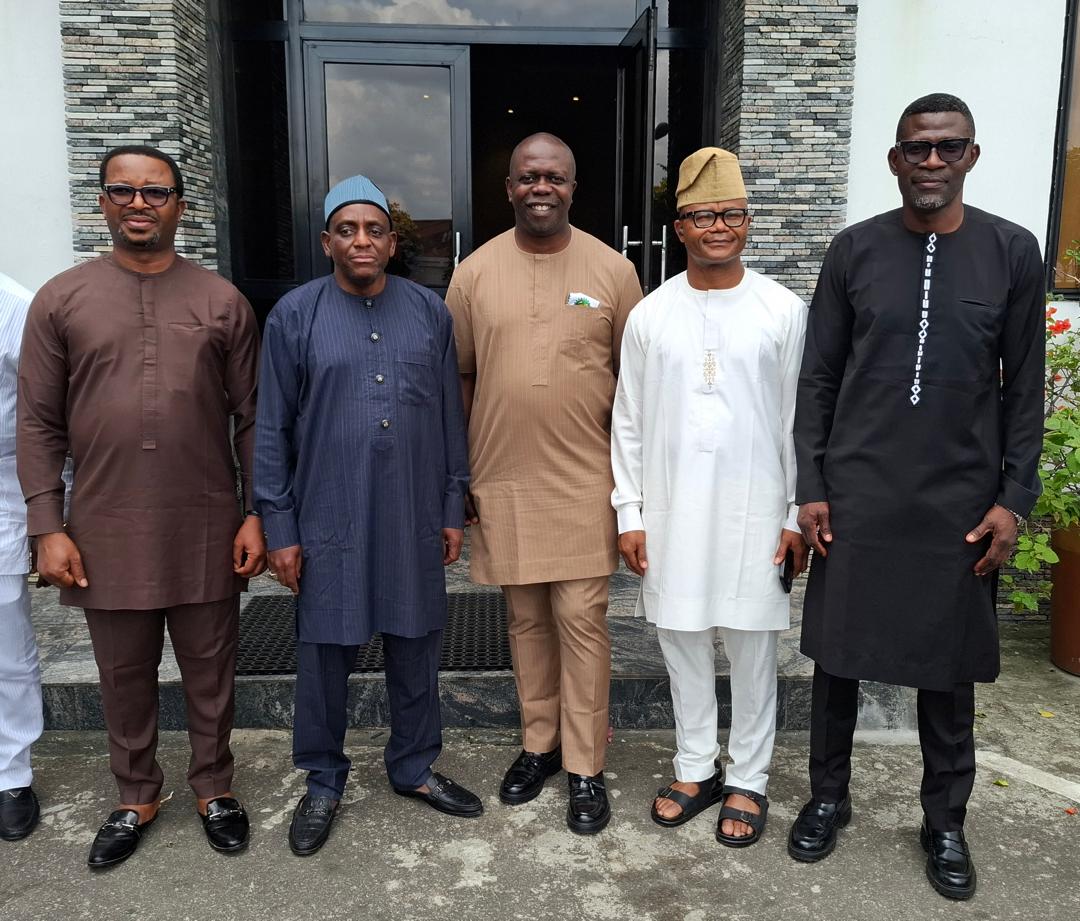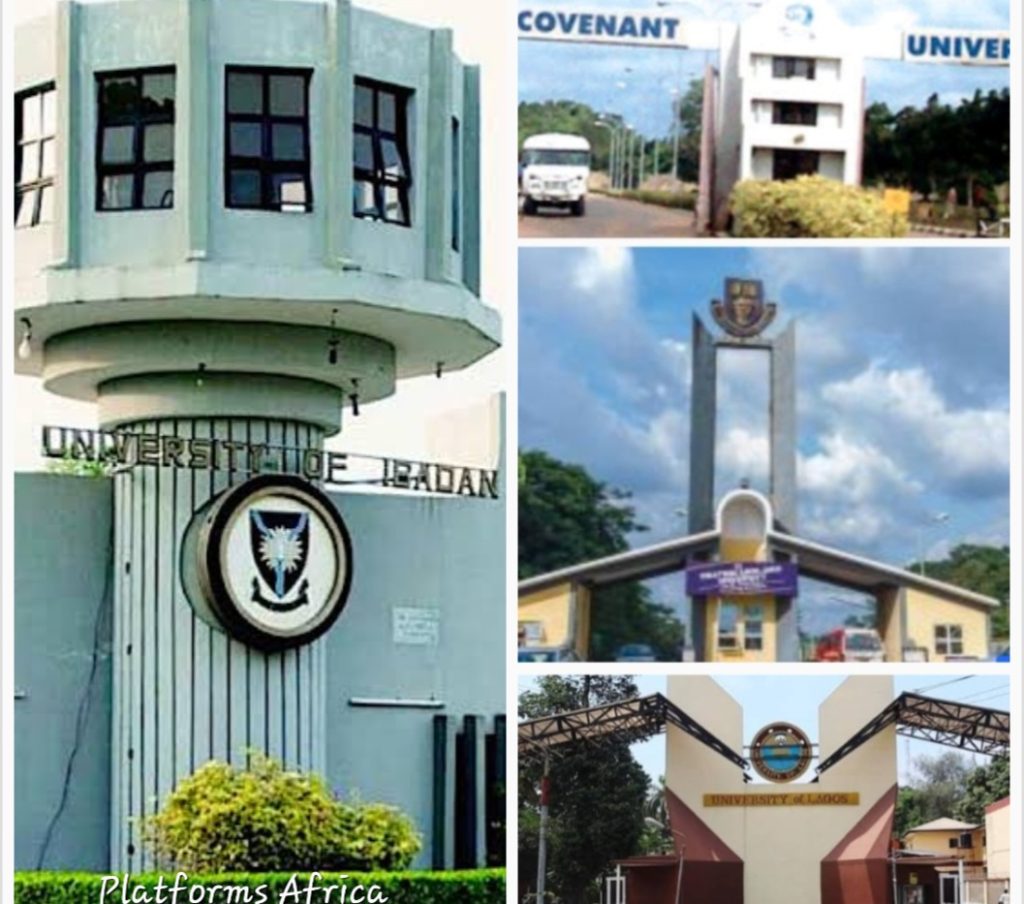. Charges Media, Groups on Social Responsibility at a signature event with journalists, youths
The Nigerian Content Development and Monitoring Board (NCDMB) on Thursday in Port Harcourt organized a workshop for media stakeholders and youth groups, providing profound insights into the structural organisation, internal workings, accomplishments and operational targets of the agency after 15 epochal years as an effective driver of local content and regulator in the oil and gas industry.
Billed as a signature event of the NCDMB, having been held regularly since the beginning of the Board in 2010, the workshop also acquainted participants with procedures for registration for employment or training programmes in industry-related skill sets, engagement as industry contractors or vendors, and also the Board’s ‘Community Content Guidelines,’ designed to ensure integration of host communities into the oil and gas industry value chain.
In a presentation entitled “NCDMB Mandate and Achievements,” the Executive Secretary, Engr. Felix Omatsola Ogbe, represented by Dr. Abdulmalik Halilu, Director of Corporate Services in the Board, said the workshop was of crucial importance, as the mass media, youth groups and civil society organisations (CSOs) have dutifully striven to put leaders of government agencies on their toes, demanding public service value as public institutions.
He explained that the Nigeria Oil and Gas Industry Content Development (NOGICD) Act, 2010, which established the Board, vested it with two mandates: to develop local capacities and capabilities without comprising standards and to monitor and enforce compliance with the provisions of the aforesaid Act.
“Everything we do revolves around our mandate. From our mandate comes guidelines which help us to measure success; and consequences for non-compliance.”
He said under such arrangements, there is predictability, and that once anyone seeking to do anything with the Board looks at the guidelines and follows them, he does not need to lobby anybody. There are also regulations which are meticulously followed.
According to Dr. Halilu, the regulations cover training, indigenous capacity, registration of oil and gas professionals, industry technology transfer, research and development, and enforcement and compliance. Everybody businessman in the industry, he revealed, operates within ISO (International Organisation for Standardisation) standards.
On milestones attained in the past 15 years, he said the Board decided to challenge itself by creating very ambitious targets in terms of visioning to be a catalyst for the industrialisation of the oil and gas industry and its linkage sectors based on its awareness of the huge yearly industry spend and the need to harness inputs from other sectors.
In line with its development targets, the Board made it a cardinal policy to invest substantially in research and development (R&D) and the establishment of world-class Centres of Excellence in six universities in the six geopolitical zones.
He pointed out that “there is a nexus between the money you spend on research and development (R&D) and your GDP (gross domestic product),” and that “any country that wants to produce locally must have R&D) presence.”
The Corporate Services Director highlighted that the Board’s Strategic Partnerships have yielded industry success stories as Waltersmith Refinery, NEDO Gas Gathering Plant, and Better Gas Energy Services Limited LPG Terminal and Gas Distribution Infrastructure, among others, have all been commissioned, while construction work is ongoing on others such as Azikel Refinery, Transiel Limited LPG Terminal, Eraskon Lubricating Oil Blending Plant, and Ladol Power Plant.
On key achievements of the Board, he noted that pressure vessels, galvanized steel structures, and platforms now increasingly fabricated in Nigeria. “TotalEnergies’ US$3.3 billion Egina FPSO (floating production storage offloading) vessel, whose topsides were manufactured in Nigeria, remains a loud testament to the sophistication of Nigeria’s fabrication capabilities.”
Halilu further stressed that from some 50 world-class fabrication yards in the country, Nigeria currently has excess capacity in fabrication, which is now exported to the Middle East and some African countries. He pointed that service sector growth has as highpoints over 100 indigenous companies most of which have already expanded their operations to other oil-producing African countries.
Dr. Halilu explained that ownership and control of marine vessels and rigs has placed many Nigerians in good stead with remarkable successes recorded. According to him, “where you demonstrate ownership and control, you are given first consideration.”
He expressed hope that Nigeria’s success would spur continent-wide collaborations, with total crude oil reserves estimated at 125 billion barrels and gas reserves of 800 trillion standard cubic feet in Africa, and rapid economic development.
In another presentation entitled “Impact of the Monitoring and Evaluation Directorate,” the General Manager, Midstream, in the Directorate of the Monitoring and Evaluation, Mr. Silas Ajimijaye, said the operations of the unit are geared towards enhancement of the contribution of the oil and gas industry to the country’s gross domestic product (GDP). He said the contribution of the oil sector has remained relatively low over the years.
On Capacity Building Achievements, the Deputy Manager, Capacity Building Directorate, Mr. Tareowei Bufazi, stated that the directorate’s mandate is “to promote human capital development (HCD) and to enhance skills in various areas of the oil and gas industry.” He pointed out that the mandate is “to drive competency that is globally competitive; also, to establish ownership of facilities, asset ownership.”
Earlier in his opening remarks at the event, the General Manager, Corporate Communications Division (CCD), Dr. Obinna Ezeobi, commended media practitioners, civil society and youth groups for the invaluable support the Board has enjoyed from them, particularly in having its activities properly covered and propagated.
He assured them that the Board’s capacity-building programmes for them as well as stakeholder engagements would be sustained.
He urged the mass media to act effectively as gatekeepers, filtering out inaccurate and misleading stories about the Board and promoting stories that would help the national economy.
According to him, “Set the right agenda, focus on how do we grow local content, how do we grow the energy industry?” He called on participants to ask questions on the Board’s activities to get the true picture of developments.
Platforms Africa





